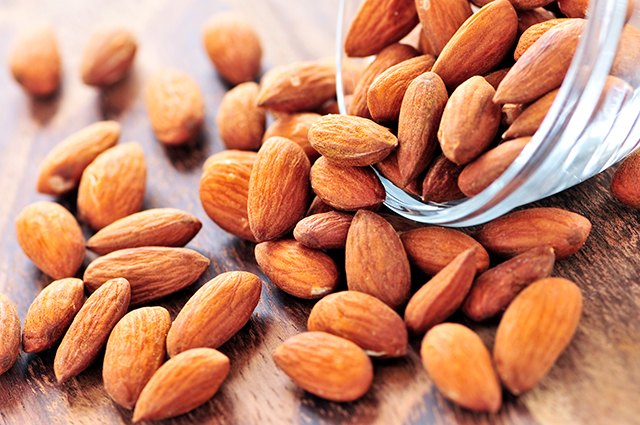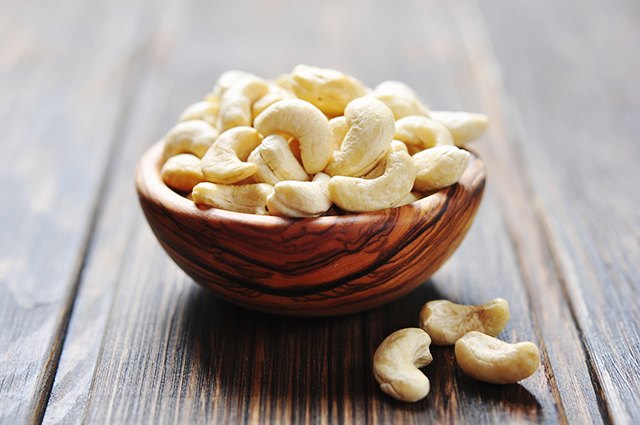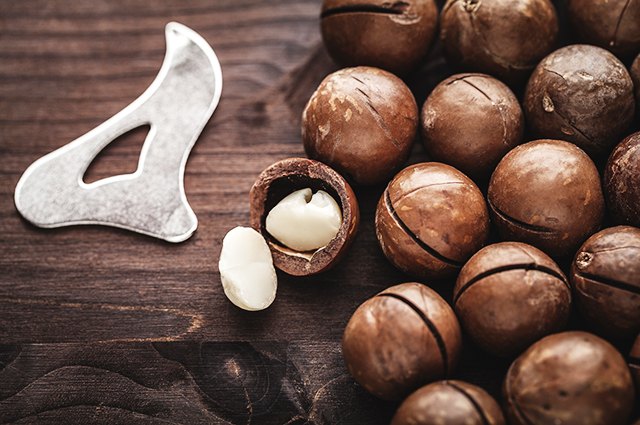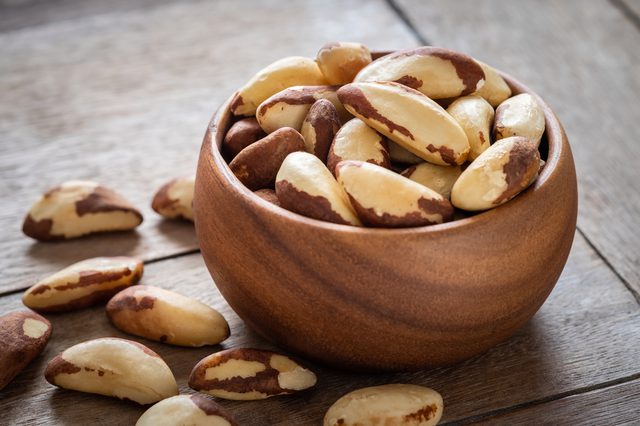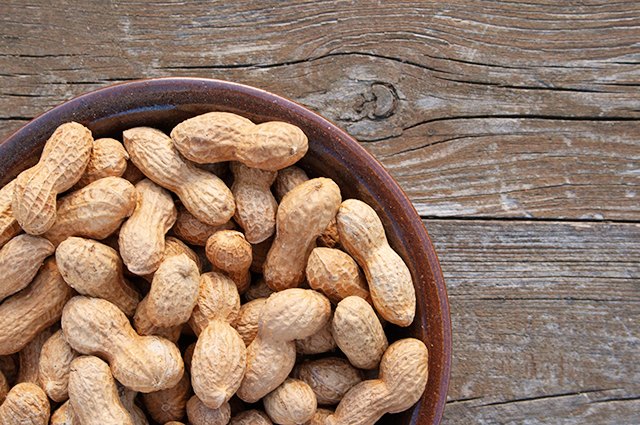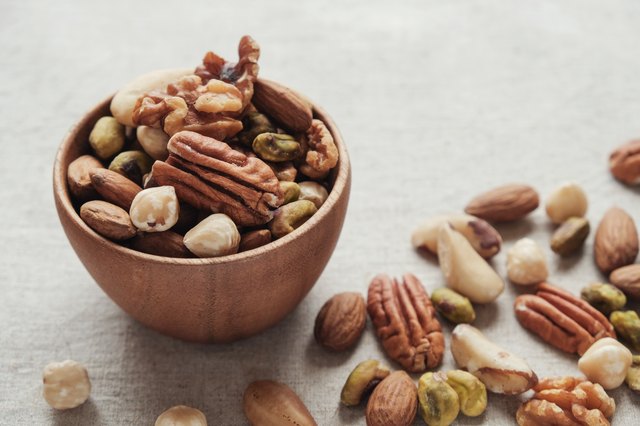
although nuts are rich in (healthy) fat and calories, studies have shown that people who eat nuts tend to be thinner and have a lower risk of many diseases than people who do not eat nuts. In fact, according to a preliminary study presented in August 2019 at the European Society of Cardiology Congress and the World Congress of Cardiology, eating at least two secondary nuts a week was associated with a 17% reduction in the risk of cardiac death. Find out which nuts contain an effective antioxidant that can prevent cancer and which nuts can lower your bad cholesterol.
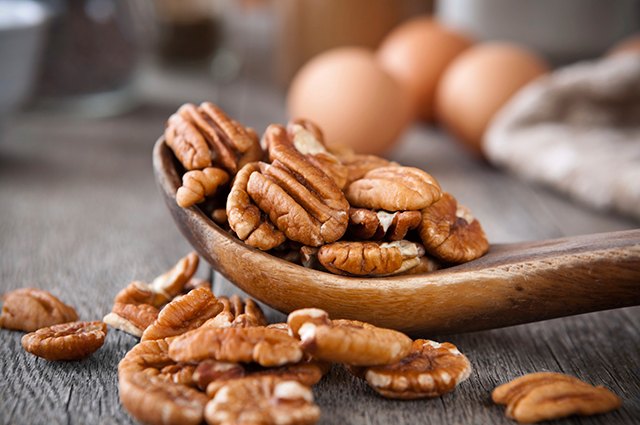
delicious and versatile, pecan can also help you keep healthy. Pecan has less than 200 calories per ounce, providing 3 grams of dietary fiber and B vitamins, copper, manganese and zinc. In fact, a study published by the U.S. Department of agriculture in June 2004 in the Journal of agriculture and food chemistry shows that pecan is the first three kinds of nuts with antioxidant capacity. Pecan is also a rich source of oleic acid, which has beneficial effects on cancer, wound healing and even autoimmune and inflammatory diseases, pointed out in an article published in the Journal of mini reviews in medical chemistry states in February 2013. Try this grilled salmon with pecan grass.
credit card: Mona markla / iStock / Getty Images integral: nolonely / iStock / Getty Images Credit: Yelena yemchuck / iStock / Getty Images credit card: Elena elisseeva / iStock / Getty Images a portion of cashew (about 160 calories) provides 4 grams of protein and is rich in unsaturated fat. Cashew nuts are also an excellent source of essential nutrients such as copper and magnesium, and also provide some iron. Here's a trivia you may not know: cashew nuts are actually seeds harvested from cashew nuts. In addition, according to a study in the New England Journal of medicine in November 2013, eating more nuts reduced mortality. For a delicious and healthy dinner, try chicken, cashew nuts and vegetable stir fry. credit card: tash card 2000 / iStock / Getty Images credit card: Ruggiero / iStock / Getty Images Credit: amarita / iStock / gettyimages are the staple food on many super food lists. Walnuts have a good reason to win a place. They contain the most alpha linolenic acid (ALA), a plant-based omega-3 essential fatty acid, and are known for their anti-inflammatory properties and heart health effects. In fact, according to the Mayo Clinic, brain shaped nuts are associated with a reduced risk of heart disease in heart patients. In addition, a study published in the Journal of nutrition in April 2013 found that eating more walnuts significantly reduced the risk of type 2 diabetes in women. Walnuts also provide 4 grams of protein and 2 grams of fiber, as well as minerals such as magnesium and phosphorus. For a healthier alternative to fried chicken, try this magical walnut coated "smart" fried chicken. Credit: Robert Anthony / Hemera / Getty Images credit card: coramueller / iStock / Getty Images 2. Pistachio has lower calories and fat than most nuts, and pistachio is also a nutritional power. The nutlet is a solid source of vitamin B6, copper and manganese, as well as other essential vitamins and minerals. Researchers at Harvard University found that eating a handful of nuts a day, such as pistachios, was linked to promoting health and longevity. Add this delicious red quinoa and pistachio formula to your diet. Tips: pistachios are a good snack in seashells because it takes you longer to eat them. In addition, being able to see the discarded shells can help give you visual feedback on how much you've eaten.
3. Hazelnut is also known as hazelnut or hazelnut. Hazelnut is a kind of seasoning added to dessert, especially popular in dessert. About 180 calories per ounce, hazelnut contains 3 grams of fiber, copper, magnesium, thiamine and vitamin E. Like other nuts, hazelnut has a protective effect on heart health. In fact, a hazelnut rich diet is associated with lower "bad" LDL cholesterol, according to a December 2016 nutrition study. Hazelnut also contains particularly high procyanidins, compounds found in plants that are believed to have anti-inflammatory and other health benefits. For a delicious healthy brunch, try this crunchy hazelnut cereal.
4. Almonds contain 160 calories per serving, about 6 grams of protein and 4 grams of fiber, which is more than most other tree nuts. They are also an excellent source of vitamin E, copper and manganese. The highest calcium content of almond is 75 mg / oz. Almonds are believed to play an important role in weight control, heart health and even diabetes prevention. A study published in the June 2010 issue of the Journal of the American College of nutrition found that eating almonds helped improve insulin sensitivity in pre diabetes patients. Studies have also shown that adding almonds to meals and snacks helps maintain healthy cholesterol levels. Almonds can be eaten alone or in chicken salad with almonds and cherries.
5. Cashew
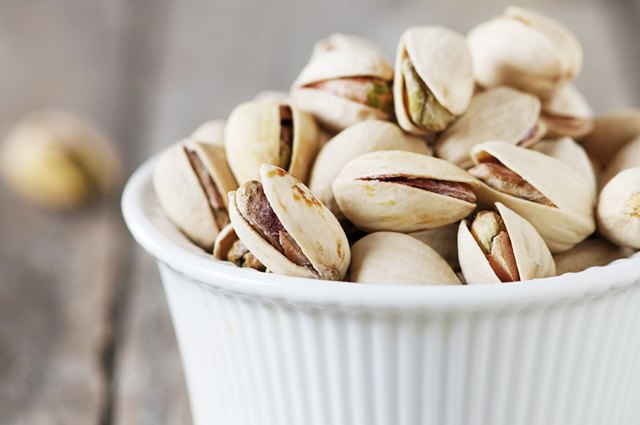
6. Macadamia may be best known for their role in making delicious desserts, but Macadamia is also good for your health. With about 200 calories per meal, macadamia nuts are a great source of thiamine and manganese because they are rich in healthy monounsaturated fats. Tree nuts, including Macadamia, improve the overall diet quality by adding nutrients that are often lacking in typical American diet. A nutrition study in July 2010 found that macadamia nuts, like many other nuts, are good for your heart and good for your metabolism. For health benefits, enjoy Macadamia at the strawberry oatmeal bar.
7. Brazil nut is the largest nut, with only one nut containing more than 170% of the selenium needed for a day. Selenium is an effective antioxidant that may play a role in preventing cancer, heart disease, cognitive decline and thyroid disease, according to the National Institutes of health. Brazil nuts are also a good source of copper, phosphorus and manganese. The nut is also the highest in total fat (19g / share) and saturated fat (4G / share), so it's his heart that's smarter than other lunatics. Because you only eat a small amount of Brazil nuts at a time, it's best to mix them with dried fruits and other nuts.
8. Walnuts
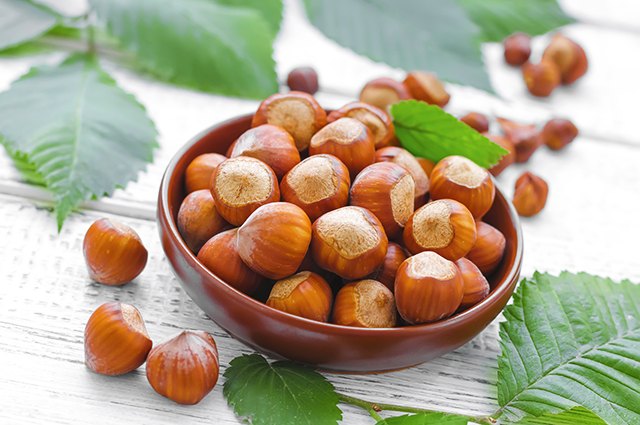
9. Although peanut is called peanut, it is not realNut. They are legumes and grow underground. Peanuts contain about 7g protein each, which is a good source of many B vitamins. This makes them a good plant protein for your food and snacks. According to the National Institutes of health, magnesium content in peanuts is associated with heart health and reduced risk of type 2 diabetes. They also provide phytosterols, a natural cholesterol lowering compound, and resveratrol, a heart healthy compound found in red wine. For healthy and portable snacks, try making some all natural energy bars.
